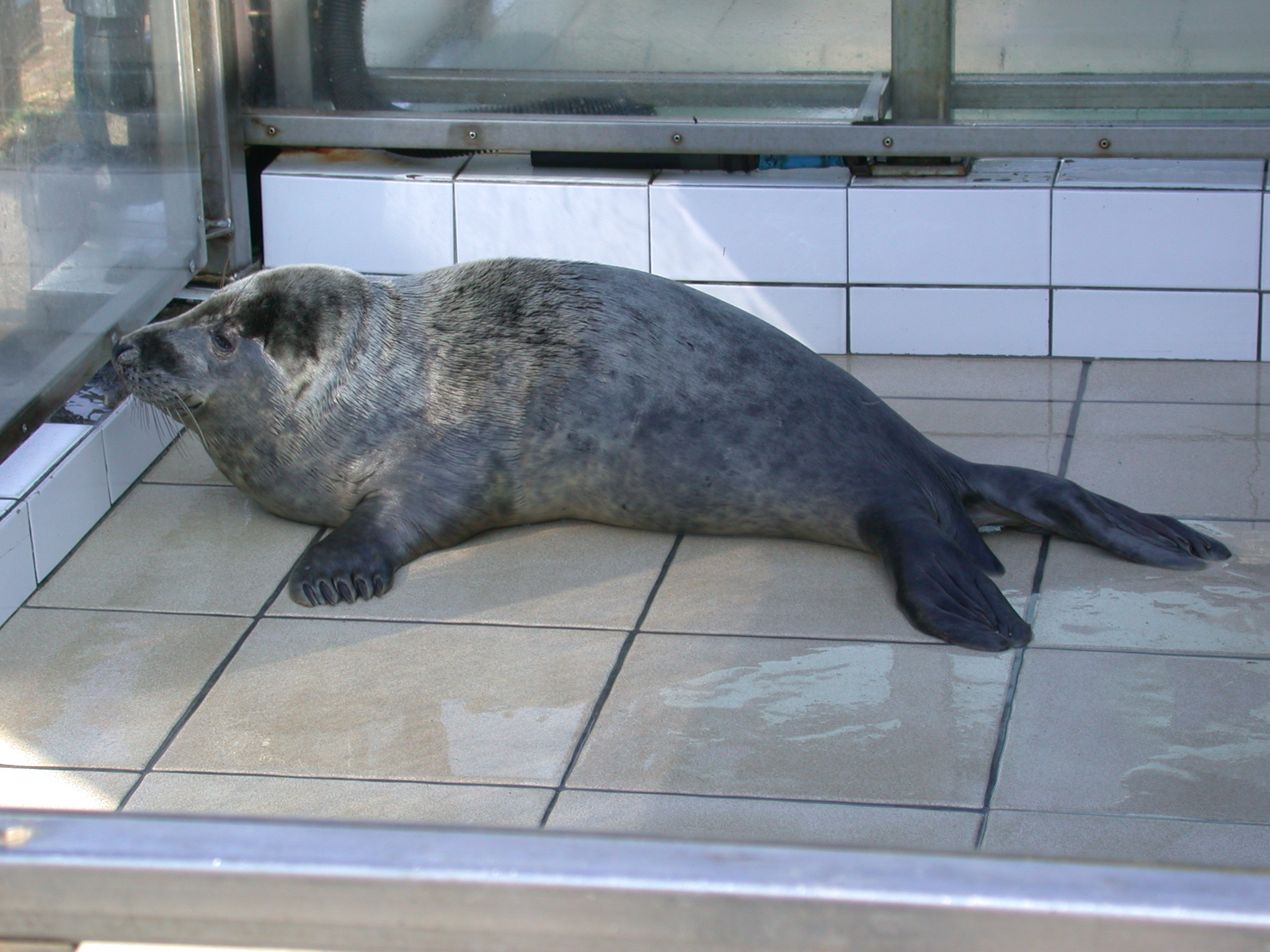
ed treatment
Add a review FollowOverview
-
Founded Date November 30, 1931
-
Sectors Allied Professionals
-
Posted Jobs 0
-
Viewed 54
Company Description
The Significance of Environmental Conservation: Defending Our Planet For Future Generations

Lately, the dialog surrounding environmental conservation has gained significant traction. With the alarming effects of local weather change, deforestation, pollution, and lack of biodiversity changing into more and more evident, it’s paramount that we perceive the importance of conserving our surroundings. This article aims to delve into the assorted points of environmental conservation, its significance, and the actions we will take to protect our planet for future generations.

Understanding Environmental Conservation
Environmental conservation refers back to the responsible management of pure resources and the protection of ecosystems to preserve biodiversity and maintain ecological steadiness. It encompasses a variety of practices that goal to safeguard the atmosphere from degradation and be sure that natural resources are available for future generations. Conservation can take many varieties, including the safety of wildlife habitats, sustainable farming practices, pollution management, and the promotion of renewable vitality sources.
The importance of Environmental Conservation
- Biodiversity Preservation: Considered one of the primary targets of environmental conservation is to guard the rich biodiversity of our planet. Biodiversity is important for ecosystem stability, resilience, and productiveness. Each species performs a novel function in its ecosystem, contributing to processes comparable to pollination, nutrient cycling, and pest management. The lack of even a single species can have cascading effects on the whole ecosystem, leading to imbalances that can threaten human survival.
- Local weather Regulation: Wholesome ecosystems play an important role in regulating the Earth’s local weather. Forests, oceans, and wetlands act as carbon sinks, absorbing carbon dioxide from the atmosphere and helping to mitigate climate change. Deforestation and habitat destruction not solely launch stored carbon but in addition scale back the planet’s capability to absorb future emissions. By conserving these important ecosystems, we can help combat local weather change and protect our planet’s climate methods.
- Sustainable Useful resource Management: Environmental conservation promotes the sustainable use of natural sources, making certain that they are available for future generations. Overexploitation of assets reminiscent of water, minerals, and fossil fuels can result in depletion and environmental degradation. By adopting sustainable practices, we are able to steadiness our current needs with the needs of future generations, fostering a more sustainable and equitable world.
- Public Well being: A wholesome setting is straight linked to public well being. Pollution, habitat destruction, and local weather change can lead to a range of well being issues, including respiratory diseases, allergies, and waterborne illnesses. By conserving our environment and reducing pollution, we will improve public well being outcomes and enhance the standard of life for all residing beings.
- Economic Benefits: Environmental conservation can also yield vital economic advantages. Wholesome ecosystems provide essential services corresponding to clean water, fertile soil, and pollination, that are important for agriculture and food production. Additionally, ecotourism and sustainable practices can create jobs and stimulate native economies. Investing in conservation not solely protects the setting but additionally helps economic development and development.
The Function of people in Environmental Conservation
While the duty for environmental conservation lies with governments, organizations, and industries, individuals also play an important role in protecting our planet. Here are some actions that people can take to contribute to environmental conservation:
- Reduce, Reuse, Recycle: Implementing the three Rs in our day by day lives can considerably cut back waste and conserve sources. If you loved this report and you would like to receive a lot more facts regarding Erectiledysfunctiontreatments.Online kindly check out our own web site. By decreasing consumption, reusing objects, and recycling supplies, we will decrease our ecological footprint and lessen the burden on landfills.
- Conserve Water and Vitality: Easy actions akin to fixing leaks, turning off lights when not in use, and using energy-environment friendly appliances can lead to important water and energy financial savings. Being conscious of our consumption habits can contribute to the conservation of those very important sources.
- Assist Sustainable Practices: Choosing to help businesses and merchandise that prioritize sustainability can drive demand for environmentally friendly practices. This includes buying natural and locally sourced food, utilizing eco-pleasant merchandise, and supporting companies with sturdy environmental policies.
- Get involved in Community Initiatives: Many communities have local conservation efforts, equivalent to tree planting, clean-up drives, and wildlife safety programs. Getting involved in these initiatives can make a tangible difference in your native setting and encourage others to take motion.
- Advocate for Change: Elevating awareness about environmental points and advocating for policies that promote conservation can lead to vital change. Engaging in discussions, collaborating in campaigns, and contacting representatives might help influence decision-makers and encourage the implementation of sustainable practices.
The Function of Governments and Organizations
Governments and organizations play a pivotal position in environmental conservation via legislation, funding, and education. Key actions include:
- Enacting Environmental Insurance policies: Governments can set up laws and rules to protect natural assets, restrict pollution, and promote sustainable practices. Policies akin to protected areas, emissions standards, and conservation incentives may also help safeguard the setting.
- Funding Conservation Initiatives: Monetary help for conservation projects, analysis, and training is crucial for effective environmental management. Governments and organizations can allocate assets to assist initiatives that goal to revive ecosystems, protect endangered species, and promote sustainable development.
- Elevating Awareness: Instructional packages and campaigns can inform the general public in regards to the significance of environmental conservation and encourage people to take motion. By fostering a tradition of sustainability, we can inspire collective efforts to guard our planet.
Conclusion
Environmental conservation isn’t just an option; it is a necessity for the survival of our planet and future generations. By understanding the significance of conserving our surroundings and taking motion at each individual and collective levels, we are able to work in direction of a sustainable future. It is our accountability to guard the delicate balance of nature and ensure that the Earth stays a thriving habitat for all living beings. Together, we can make a distinction and create a healthier, more sustainable world for ourselves and generations to return.


